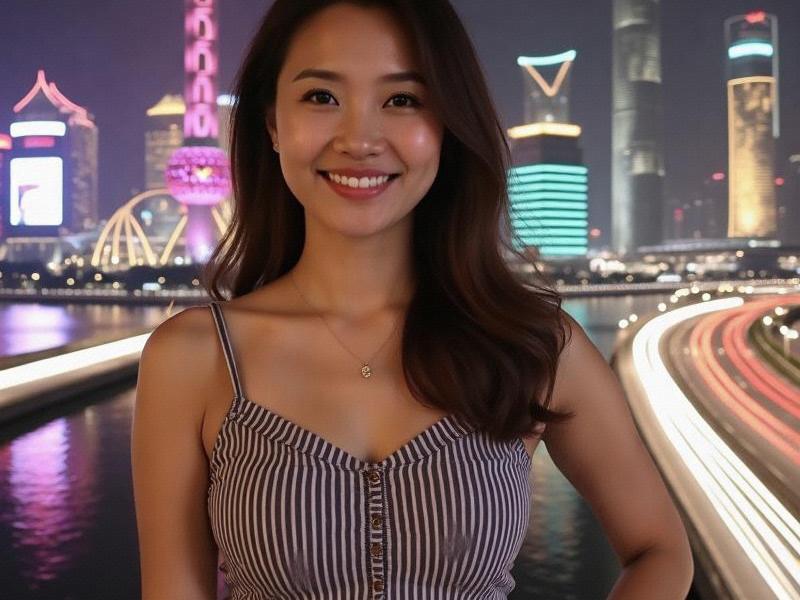
[Article Content]
The morning light filters through the floor-to-ceiling windows of a WeWork in Jing'an District, illuminating 28-year-old tech entrepreneur Zhao Yuxi as she adjusts her VR headset between sips of single-origin coffee. With her understated makeup, tailored blazer, and vintage jade bracelet - a family heirloom paired with smart jewelry that tracks her stress levels - Zhao embodies what sociologists now call "The New Shanghai Woman": equally comfortable discussing quantum computing and qipao tailoring, fluent in both stock market analysis and Song Dynasty poetry.
上海花千坊爱上海 Shanghai's female population (48.7% of the city's 24.89 million residents) has undergone three generations of transformation since the 1990s. First came the "Steel Magnolias" who pioneered China's corporate world while maintaining impeccable grooming standards. Then emerged the "Bilingual Cosmopolitans" of the 2000s who blended Eastern aesthetics with Western education. Now, researchers identify the rise of "Hybrid Heroines" - women who deliberately fuse tradition with innovation, like 33-year-old lawyer Xu Minghui who wears AI-powered contact lenses during court cases but insists on hand-writing legal arguments with fountain pens. "My grandmother's bound feet symbolized constraint," Xu reflects, "My smart shoes track my steps toward justice."
The beauty industry reflects this cultural synthesis. Shanghai's skincare labs now develop products combining TCM herbs with nanotechnology, while local makeup brands like Florasis reinvent ancient techniques for modern consumers. At the newly opened "History of Beauty" museum in Xuhui District, interactive displays contrast 1930s Shanghai hairstyles with today's augmented reality makeup try-ons. "Our visitors realize beauty was never just about appearance," explains curator Liang Wen, "but about technological adaptation."
上海水磨外卖工作室 Professional landscapes reveal more profound changes. Shanghai leads Chinese cities in female tech founders (32% of startups) and financial sector executives (41% at VP level or above). The city's "ShePower" initiative provides mentorship matching 1,200 senior businesswomen with young professionals annually. Most remarkably, Shanghai's marital property laws - considered the nation's most progressive - have created a generation of women investing in real estate and art collections rather than traditional dowries.
爱上海419 Cultural preservation takes innovative forms. The "Modern Shu Embroidery Collective" trains young designers in the ancient craft while incorporating LED threads. At Fudan University's Gender Studies Center, researchers document how Shanghainese women preserved cultural traditions during the Cultural Revolution by secretly teaching children calligraphy and tea ceremonies. "Our grandmothers were the original culture hackers," notes professor Emma Wang.
Challenges persist beneath the glossy surface. The "Double Burden Syndrome" sees professional women still handling 78% of domestic responsibilities despite career success. Ageism remains prevalent in certain industries, prompting initiatives like the "Silver Limitless" modeling agency for women over 50. Some critics argue the city's focus on "effortless perfection" creates unrealistic expectations, though mental health awareness campaigns are gaining traction.
As Shanghai prepares to host the 2026 International Women's Forum, the world watches its unique gender evolution. From the all-female engineering team designing the Yangtze River Tunnel to the grandmother-daughter-grandchild trios learning coding together at community centers, Shanghai women continue redefining what it means to be beautiful, successful - and unmistakably Shanghainese in the 21st century.
